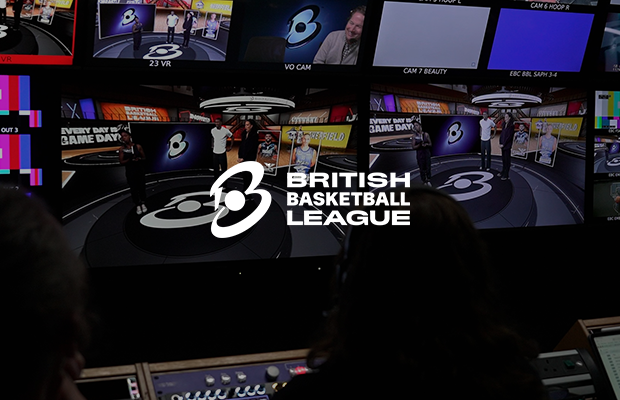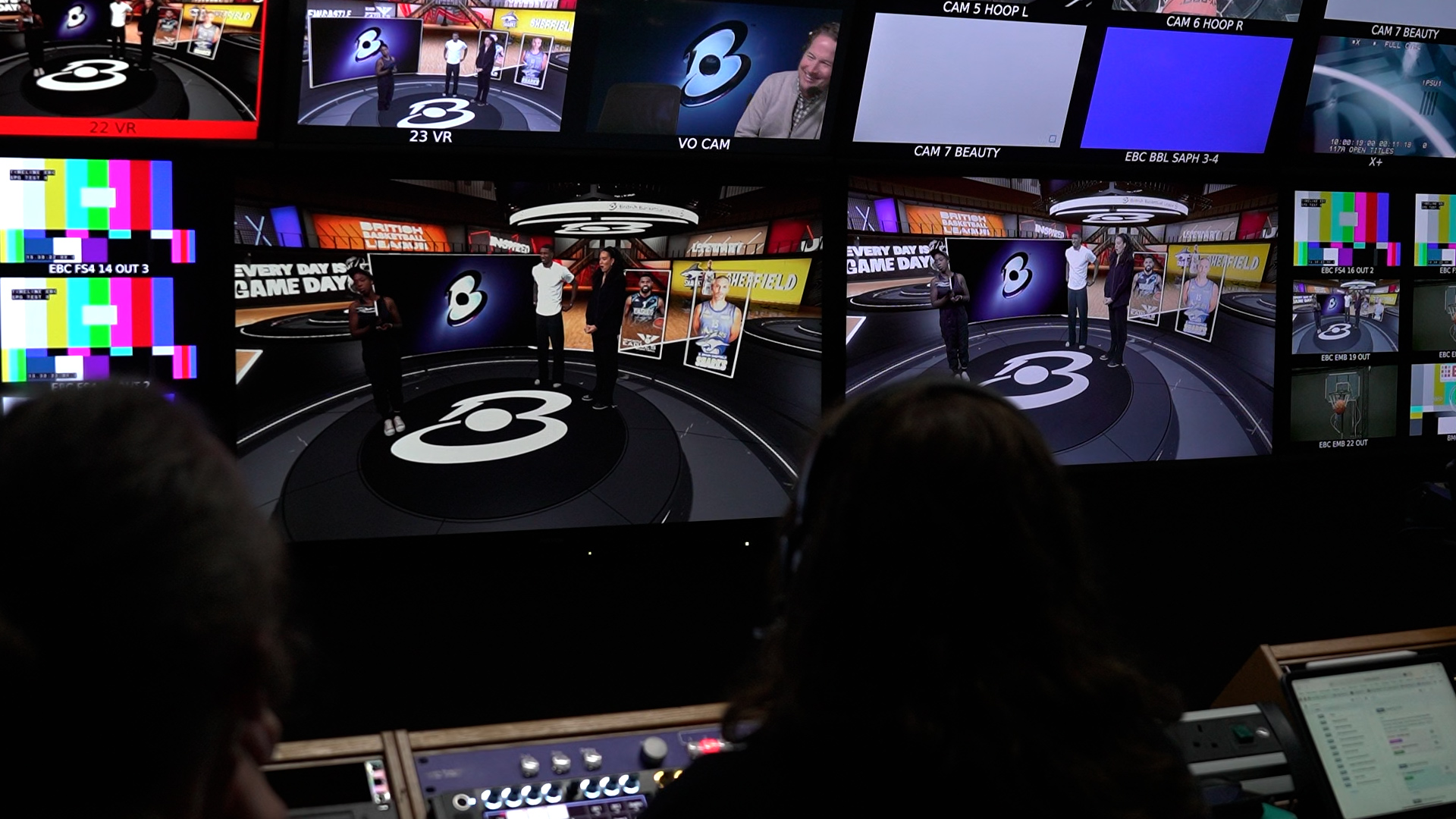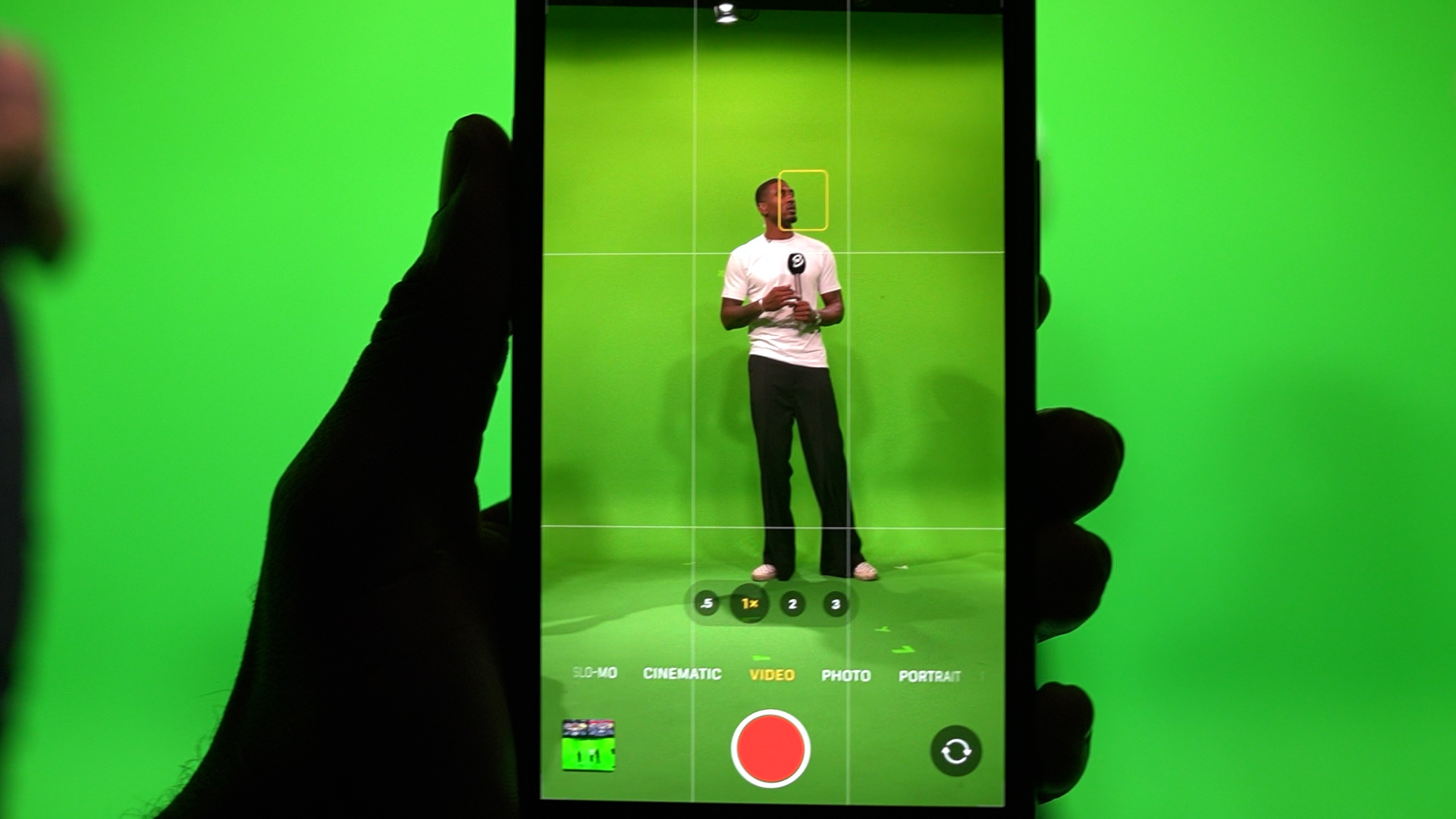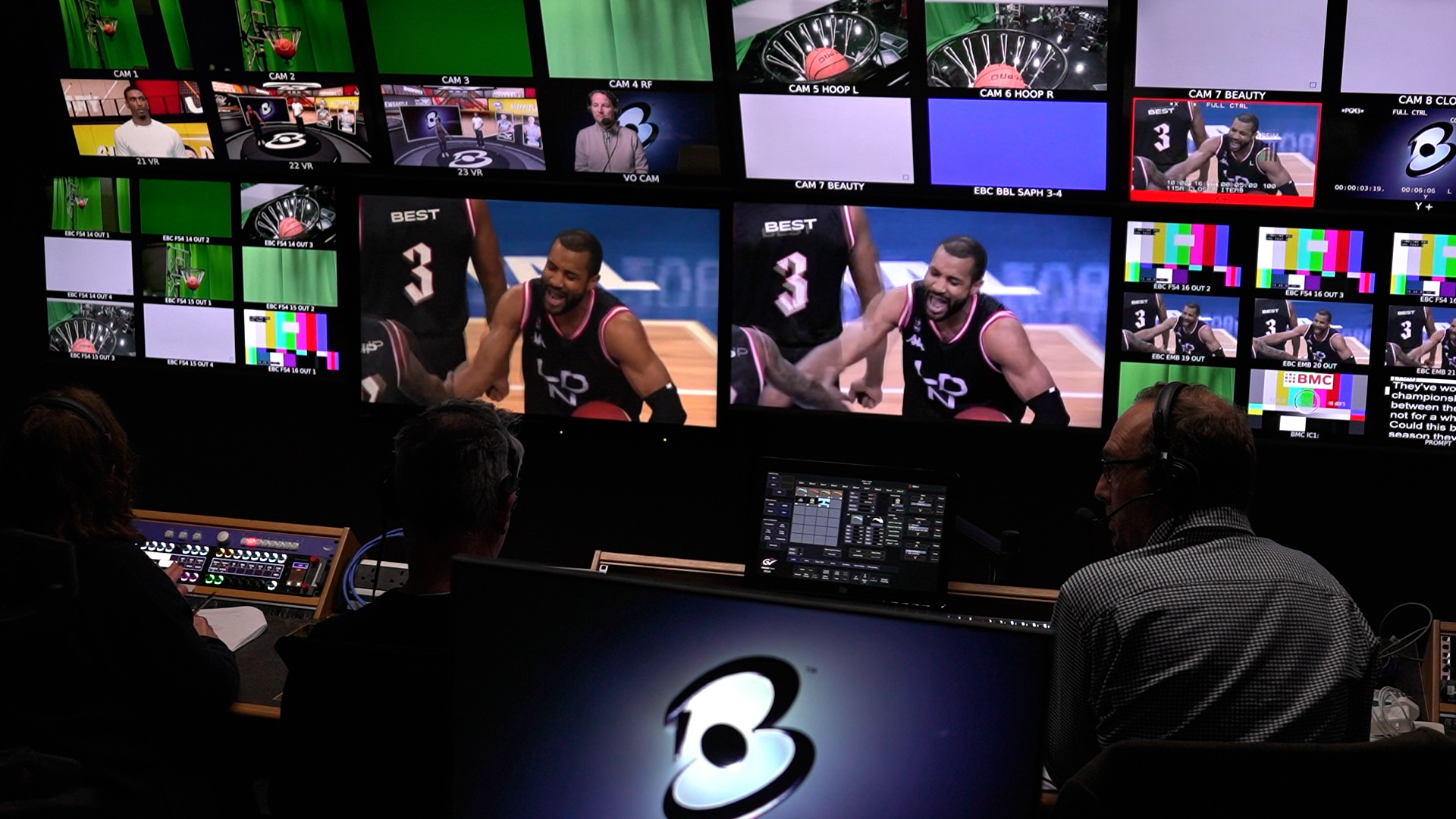New dawn beckons for BBL ahead of 2023/24 opening night

As the 2023/24 British Basketball League season tips off on Thursday evening, it dawns a new era for the UK’s top flight as they attempt to make the switch from an events business to a content and entertainment first platform.
“I want kids imitating guys that play in the British Basketball League,” BBL CEO Aaron Radin explained in a roundtable discussion with British basketball media on Monday.
“The way that we’re going to get there is through the content experiences that we create.”
It will be Radin’s first full season in charge, having been hired midway through last season as a key piece after US-based private equity firm 777 Partners took a 45% stake in the league for £7million in December 2021.
777 have been gathering headlines for all the wrong reasons this summer, as a rumoured takeover of Premier League side Everton has put their business dealings under the spotlight.
Late payments, including a reported £900,000 sum to the league, have not made things easy.
Despite the issues, the 777 investment has put the league in a very different situation than it has ever found itself.
The league’s headcount has gone from 6 full-time staff to 27 in 18 months (plus additional freelancers and contractors), building out an organisational tree that includes a CEO, Head of Marketing, Commercial Director, Chief Content Officer, Head of Communications, and Head of Broadcast, along with respective departments.
The competition formats have been given an overhaul; gone is the Cup, replaced with an All-Star game at the Copper Box in March, while the Trophy is condensed across one month in January, and the Play-Offs will move to a much-requested best-of-three series.
A rebrand was revealed last month, including the league’s own anthem, aiming to differentiate the league (“we looked at every other league logo in the world and went in a different direction”), coming up with a brand that hopes to appeal to a younger audience, while also being designed with merchandise in mind.
A new website has also been in the works for a year or so, but has yet to be launched.
Ticketing has been reworked, with five of the league’s ten franchise’s sales now going through the same system, Fanbase, to begin to build out a singular database that becomes crucially important to be able to commercialise the league’s audience.
Central to their content-focus, is a new remote production model, based out of studios in Ealing Broadway, West London, to centrally produce all BBL games in-house.
Buzz 16, their partner production agency for all Sky Sports games the past three seasons are out.
Fibre cables have been installed at every venue across the country to be able to run a TV-quality feed of each game to the Ealing studios, where the BBL production team, commentators, and editors will get to work.
Neil McKeown, who has over two decades of experience in production – four of which were with FIBA Media – has been brought in as the BBL’s Executive Producer.
A ‘virtual studio’ – produced using a green screen, will bring discussion and analysis, led by a core team of Jeanette Kwakye MBE – known for her presenting across athletics, football and boxing, former London Lion and GB star Ovie Soko, and on-site reporter, former BBL pro, Drew Lasker.
Play by play will be led by Todd Harris – an American voice (“a conscious decision but not a forced one,” says Chief Content Officer Jose Garnes), with GB Olympian Azania Stewart on co-comms.
That core group will lead the ‘Tier 1’ productions, such as for Sky Sports, with other commentators such as Dan Routledge, Tahir Hajat, Josh Bett, and Graham Hiscock used across other games.
“If three years ago you had asked me about remote production, I would be very afraid of that word,” Garnes said in an interview with SVG in May.
“But the three-and-a-half years that I spent with SailGP taught me that remote production can work very well, it just takes a different mindset. And it allows you to create content in volume, because you are not wasting time travelling up and down the country. And of course, some of the benefits of having everyone centrally are that you can create a lot more with a small team.”
The volume of content the league produces should grow exponentially this season, including a weekly magazine show hosted by Azania Stewart. The goal is to create a deep emotional connection between players and fans through narrative based pieces.
“What we need is storytelling; why do you need to care about the team that is bottom of the league? What is at stake for the top of the league?,” Garnes continued to SVP.
“I want to give people a reason to care about why they should follow a team, player or the whole league. So that’s my main focus. And then of course there’s a lot of things that we need to do to accomplish that, from improving the level of our broadcasts to growing the volumes of content creation that we do in between games, and more.”
A lot of planning has gone into the scheduling of games this year to avoid as many concurrent games as possible.
The only overlap that will happen will be on Friday nights each week (with a delayed tip of 15 minutes), giving each game a captive audience, a dedicated, focused, production team, and not forcing the fan to pick between games.
“We were cannibalising our own audience,” Radin explained when talking about previous scheduling that would see multiple games taking place at the same time each week. “It didn’t make sense.”
The league is heading into the second year of its deal with automated video platform WSC, allowing game highlights to be produced in seconds and distributed to both teams and players, as well as the league’s own channels.
Radin revealed the costs to produce the 220+ games will run into the millions over the course of the season, and with the initially agreed £7 million investment from 777 set to have all been received by the end of this year, further capitalisation will be required.
“In terms of investment, I feel very confident that this is a very investable business,” Radin added.
“We’ll see in terms of the developments there.
“I think this is a business that’s going to, over time, require more capital. I feel very confident about our ability to attract capital.”
And with The Daily Mail reporting an agreement has been made for a further £4million in capital from 777, the question becomes, not whether the league can raise capital, but if it can become profitable and self-sustainable.









0 comments